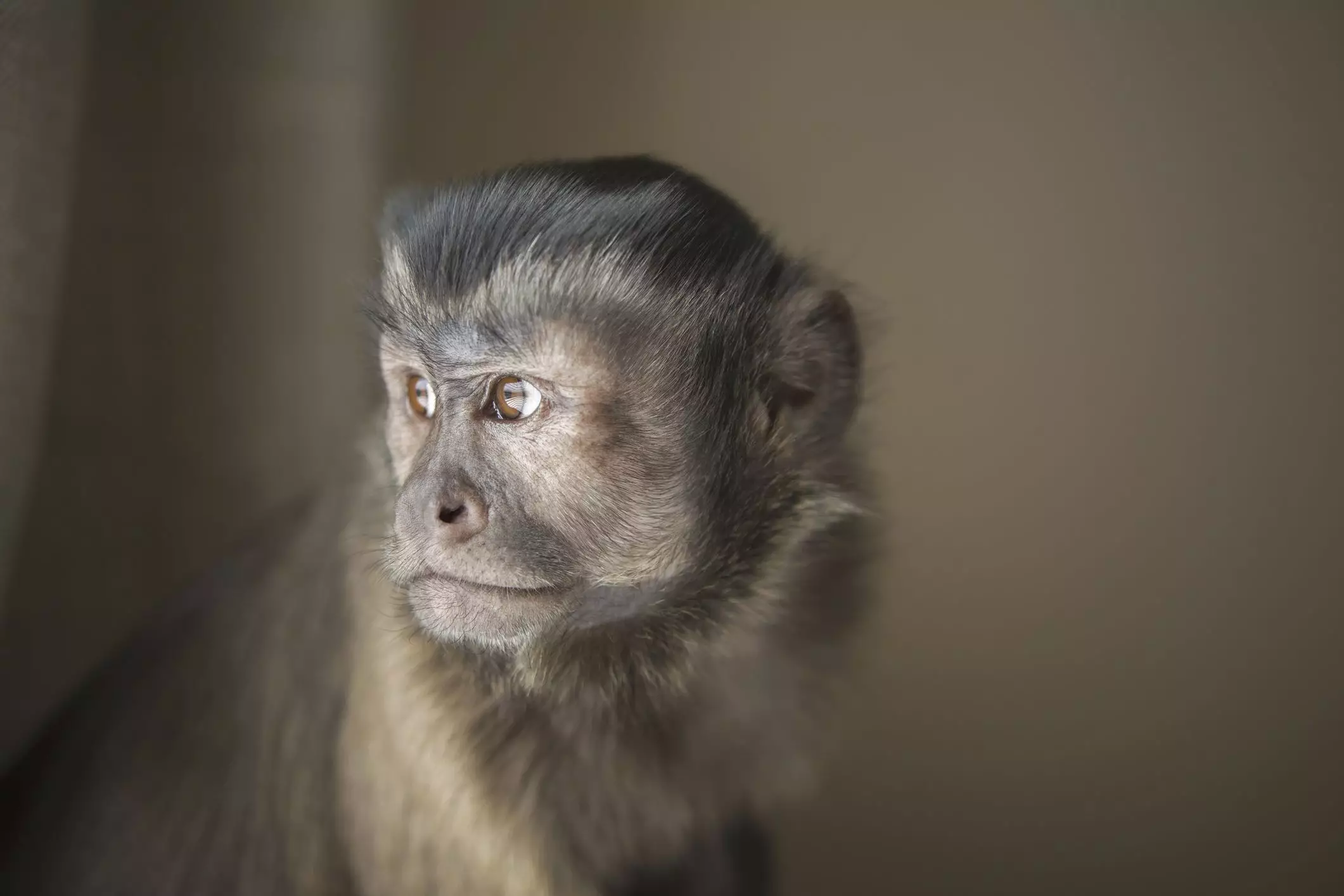Capuchin monkeys have enchanted many with their playful antics and endearing features. Their intelligence and social behavior contribute to their appeal, often leading individuals to consider them as potential pets. However, the reality of owning a capuchin monkey diverges significantly from this romanticized view. This article delves into the essential aspects surrounding capuchin monkeys and why, despite their allure, they belong in the wild rather than living among humans.
Capuchin monkeys, members of the Cebinae family, are complex creatures requiring a lifestyle full of activity and mental stimulation. In their natural habitat, they are agile and social, spending their days foraging, playing, and engaging with others in their troop. As they mature, however, their playful demeanor can transition into boredom if they do not receive sufficient stimulation. This can result in destructive behaviors, aggression, and compatibility issues with humans.
The domestic environment is often ill-suited for these lively primates. As they grow older, what was once an adorable baby may become a source of stress for an uninformed owner. They can exhibit behaviors such as biting, which might come as a surprise to those who initially sought companionship. Consequently, many capuchin monkeys find themselves surrendered to shelters, highlighting the problematic nature of exotic pet ownership.
Before considering adopting a capuchin monkey, individuals must comprehend the legal landscape surrounding ownership. In various states such as Texas and Florida, owning a capuchin is permissible. However, the fluctuating nature of these laws necessitates thorough research into local regulations. Few people realize that ethical concerns often outweigh legal ones.
Many potential owners may not possess the necessary knowledge or resources to meet a capuchin’s needs adequately. The upbringing of these pets can involve high costs, extensive care, and emotional understanding that many believe they can provide, but stumble upon the reality of their miscalculated decision. This scenario can lead to tragic outcomes, including euthanization or abandonment.
Caring for a capuchin monkey requires more than just love and affection. These creatures demand space to exercise, indulge their curiosity, and practice their natural behaviors. Most average homes lack the essential elements present in their wild environments, such as trees for climbing and areas to explore. The result is often a distressed animal unable to express its inherent traits.
Owners frequently resort to using diaper systems and leashes to control their monkeys, which raises the question of whether it is ethical to involve a creature like this in human settings. The spectrum of care needed does not end there. Owners must provide dietary needs, regular vet visits, and mental stimulation—tasks that are incredibly demanding compared to traditional pet care.
The reality of owning a capuchin monkey extends beyond their dietary preferences; it encompasses significant health risks for both the monkey and the human owner. Various diseases can be transmitted from capuchins to humans, including hepatitis and herpes B virus, which poses severe health threats. These risks underscore the difficulty of keeping capuchins at home safely.
Moreover, due to their specific dietary needs and susceptibility to health issues, pet capuchins require diligent veterinary oversight. Owners might find it challenging to locate a veterinarian experienced in treating primates, further complicating ownership. These burdens add layers of responsibility that most people are not prepared to handle.
With all these dimensions considered, it is evident that capuchin monkeys belong in their natural habitats, not confined to domestic life. The charm and intelligence of these creatures do not justify the complexity and potential dangers of their ownership. Instead of opting for private ownership, individuals can focus on supporting sanctuaries and conservation efforts that allow these animals to thrive in environments aligned with their natural behaviors.
If one is genuinely interested in primate care, looking into sponsorship programs can provide a way to support these animals without the associated challenges of ownership. Many sanctuaries offer opportunities to contribute to the care of monkeys and learn about their natural behaviors, promoting ethical interactions rather than possessing them as pets.
While capuchin monkeys may capture our hearts, it is vital to respect their natural behaviors and needs by advocating for their right to exist in the wild. This understanding leads to informed decisions that benefit both humans and primates. Rather than attempting to domesticate these remarkable creatures, we should celebrate their existence, acknowledge their complexities, and prioritize their welfare in their natural environments.

